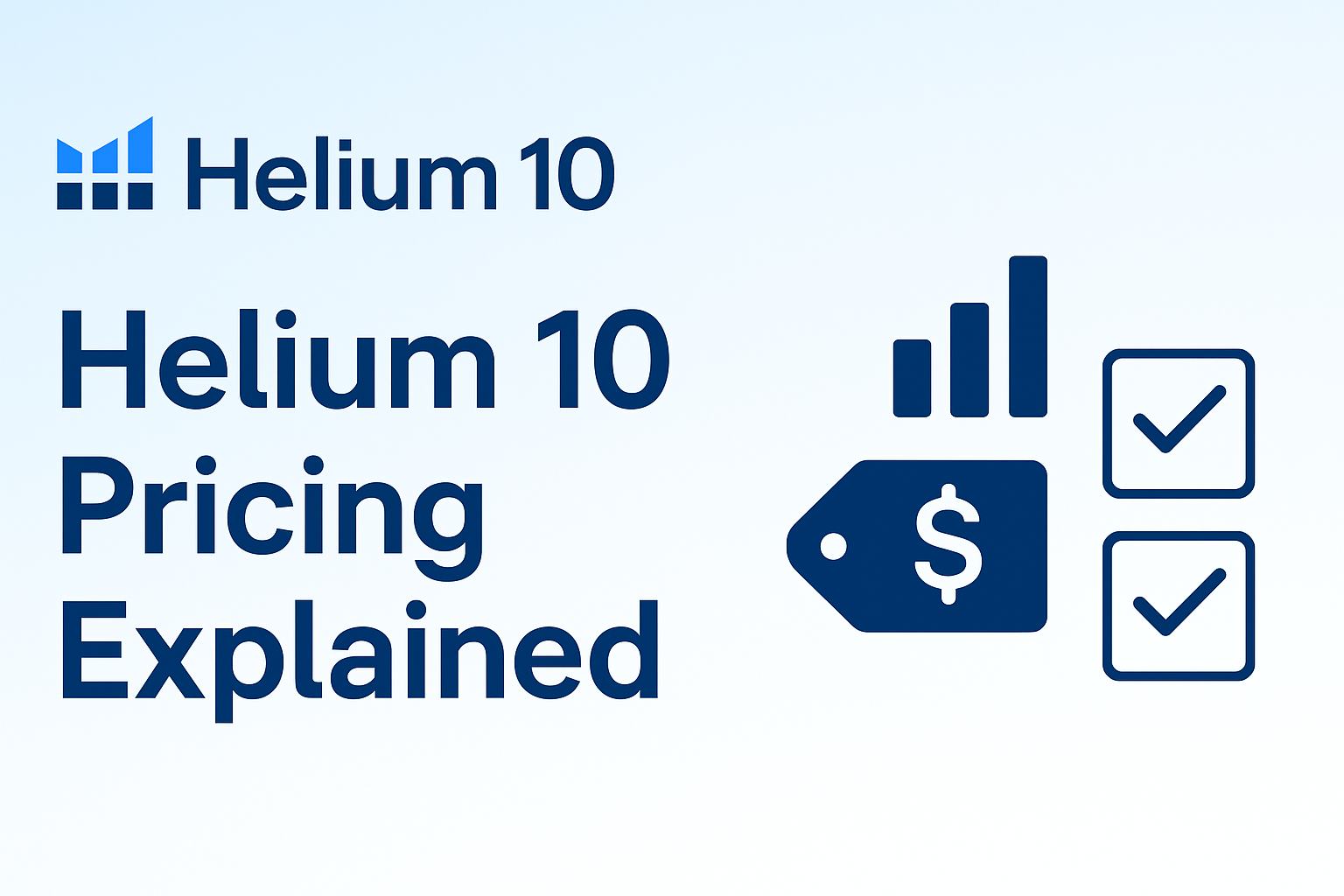The world of online learning has exploded, providing learners with countless opportunities to upskill and gain knowledge from anywhere at any time. Among the most popular platforms are Udemy and edX. Both offer a wide range of courses, but how do they really stack up against each other? Which one is better for different types of learners? Let’s dive deep into the specifics of Udemy vs edX to understand their unique features, benefits, and why, in many cases, Udemy wins the race.
Udemy Overview:

Udemy is a global online learning platform offering over 200,000 courses across a wide range of topics including business, tech, design, personal development, and more. It caters to learners of all levels, from beginners to advanced professionals.
Courses are typically created by individual instructors rather than academic institutions, leading to a wide range in quality and depth. Udemy’s model is self-paced and pay-per-course, often with heavy discounts. It’s ideal for practical, skills-based learning and fast upskilling.
There’s no formal accreditation, but many courses offer completion certificates. The platform is especially popular for coding, digital marketing, and personal productivity.
edX Overview:

edX is an online learning platform founded by Harvard and MIT, offering university-level courses and programs from top global institutions. Its content includes free courses, professional certificates, MicroMasters, and full online degrees.
edX focuses on academic rigor, making it a strong choice for learners seeking in-depth knowledge or credentials. Subjects range from computer science and engineering to humanities and business. Most courses are free to audit, but certificates and graded assessments require payment.
The platform blends self-paced and instructor-led formats. edX is ideal for learners aiming for formal education credentials or exploring new fields with university-level instruction.
1. Course Variety and Selection
One of the most significant factors when choosing an online learning platform is the range of courses offered. Let’s see how Udemy and edX compare:
- Udemy is known for having an incredibly vast library of over 200,000 courses. The platform covers a huge variety of subjects, ranging from business, technology, marketing, and finance to cooking, photography, and music. The diversity of courses is one of Udemy’s strongest points. Whether you want to learn a technical skill like coding or a creative skill like graphic design, Udemy has it all.

- edX, on the other hand, offers fewer courses, with around 3,000+ courses. While it’s not as extensive as Udemy, the quality of courses on edX is often higher because they are created by prestigious universities like MIT, Harvard, and Stanford. edX tends to focus more on academic and professional development courses, especially for those seeking college-level or professional credentials.

Why Udemy Wins:
If you’re looking for variety and flexibility in your learning choices, Udemy wins. It caters to hobbyists, professionals, and beginners alike, with courses for almost every interest. The extensive catalog makes it a one-stop-shop for learners with diverse needs.
2. Course Pricing and Affordability
When it comes to online learning, cost plays a crucial role. Let’s compare the pricing models of both platforms:
- Udemy uses a pay-per-course model, meaning you buy individual courses. The price for each course can range from as low as $10 to upwards of $200. However, the platform frequently offers deep discounts, with many courses available for $11.99 – $15 during sales events.

- edX follows a similar pricing model but with an added twist. While many courses are free to audit, if you want to receive a certificate or take part in verified programs, you need to pay. The pricing for these verified courses and certificates can be quite high, often in the range of $50 – $300 or even more for some degree programs.

Why Udemy Wins:
For budget-conscious learners, Udemy provides more affordable options. Thanks to its frequent sales and low-cost courses, Udemy ensures that learners don’t have to break the bank to access quality content. Even if a course is priced high, you can often find discounts or promotions that make it much more accessible. edX’s pricing, especially for verified certificates, tends to be much higher, which may not suit all learners.
3. Learning Experience and Course Structure
Both platforms have unique learning experiences, but which one stands out?
- Udemy offers a more flexible learning structure. After purchasing a course, you can access it for lifetime. There are no deadlines, and you can go at your own pace. The courses typically consist of video lectures, quizzes, assignments, and discussion forums. Some courses also come with downloadable resources and interactive elements. The platform is designed to be easy to navigate, and the courses are often broken into bite-sized modules that make it easier to learn on your own schedule.
- edX, on the other hand, often follows a more academic structure, especially in partnership with universities. The courses have a start and end date, and learners are typically expected to follow a set schedule. Courses are more formal and may involve rigorous assessments, assignments, and exams. You’ll find these types of structured learning in programs that offer professional certificates, MicroMasters, or even full degrees.
Why Udemy Wins:
For those who prefer self-paced learning without the pressure of deadlines, Udemy is a winner. Its flexibility allows learners to take their time and learn at their own pace. In comparison, edX’s more structured programs may appeal to those pursuing formal education, but it can feel restrictive for casual learners or hobbyists.
4. Certifications and Credentials
When it comes to online learning, many learners want to earn a certificate to prove their knowledge. How do Udemy and edX handle this?
- Udemy provides a certificate of completion for every course that you complete. However, it’s important to note that these certificates are generally not accredited or recognized by universities or employers. They’re more for personal use and show that you’ve finished a course.

- edX, however, offers more formal credentials. You can earn MicroMasters or Professional Certificates that have academic value. Additionally, edX provides access to programs that offer official university degrees, such as Master’s or Bachelor’s degrees, in partnership with institutions like MIT, Harvard, and others. These programs come with a higher price tag, but they are often more valuable in terms of employer recognition.

Why Udemy Wins:
While edX offers more recognized credentials, Udemy’s certificates are a great starting point for people looking to improve their skills without breaking the bank. For most non-degree learners, Udemy’s certificates serve the purpose of validating skills in a less formal and more accessible way.
5. Audience and Target Learners
The audience of each platform can help determine which is best suited for you.
- Udemy appeals to a wide range of learners. Whether you’re looking to learn a new hobby, upgrade your professional skills, or even teach your own courses, Udemy is for anyone. Its user base includes beginners, intermediate learners, and advanced professionals, all looking for practical, skill-based learning.
- edX, on the other hand, is geared more toward individuals looking for formal education, including professionals seeking advanced credentials, academic courses, or those aiming to complete a university degree online.
Why Udemy Wins:
For most people, Udemy wins in terms of flexibility and accessibility. It’s perfect for those who want to learn new skills or dive deeper into a hobby without the burden of academic rigor. It’s also a great choice for professionals looking for practical skills that can be applied immediately.
6. Learning Support and Community
A strong community and solid support system can make or break your learning experience. How do Udemy and edX compare here?
- Udemy offers support mainly through discussion forums and the ability to ask instructors questions. Learners can interact with peers, but the level of engagement varies from course to course. Instructors can provide feedback on assignments or answer questions, though responses may not always be quick.
- edX offers more formal support channels, often including peer-reviewed assignments, TA assistance, and office hours with instructors in certain courses. With many university-backed programs, the learning environment can feel more structured and formal, which might be useful for learners seeking more academic support.
Why Udemy Wins:
For learners who value flexibility and prefer informal support, Udemy’s community is generally sufficient. It may not offer the same level of formal academic support as edX, but for most learners, this kind of support works just fine. The instant access to courses and the frequent instructor engagement make Udemy a more user-friendly choice.
Conclusion: Why Udemy Wins the Race
While both Udemy and edX have their merits, Udemy emerges as the winner in several key areas, especially for casual learners, budget-conscious individuals, and those looking for flexibility.
- Udemy offers unbeatable course variety and affordability, with frequent discounts making it accessible to almost anyone.
- It provides a self-paced, flexible learning experience, which allows learners to access content whenever they want, without deadlines.
- The courses cover a wide range of topics and skill levels, making Udemy suitable for everyone from beginners to professionals.
Though edX is ideal for those seeking more formal academic credentials and degree programs, Udemy’s flexibility, affordability, and ease of access make it the go-to platform for most learners. If your goal is to learn a new skill, explore a hobby, or gain practical knowledge, Udemy is your best bet.
FAQ’s
Why choose Udemy for skill-building?
Because it offers practical, hands-on courses tailored for real-world application.
Is Udemy affordable?
Yes, frequent discounts make most courses extremely budget-friendly.
Can I learn at my own pace?
Absolutely—Udemy courses are fully self-paced with lifetime access.
What makes Udemy’s content diverse?
Anyone can create courses, leading to a vast variety of topics and teaching styles.
Is Udemy good for career switching or upskilling?
Definitely—it’s packed with tech, business, and creative courses to quickly boost job skills.



